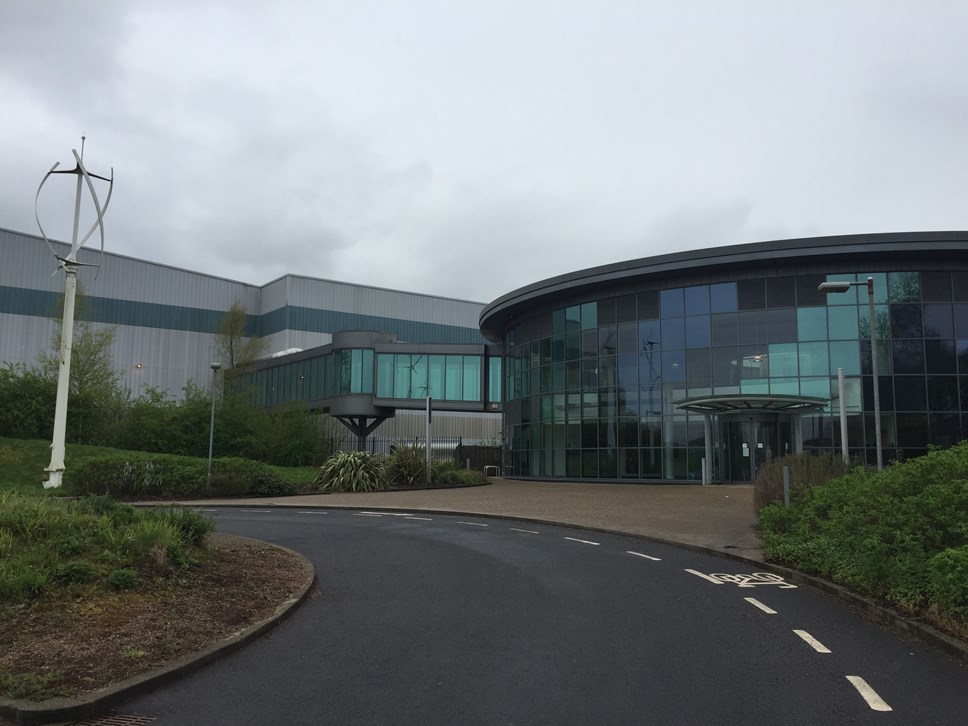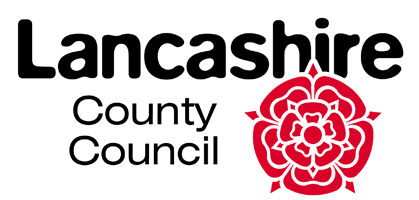
Plans progress to reduce reliance on landfilling waste
County Councillors have agreed to extend a contract for managing residual household waste to give four councils in East Lancashire more time to adapt to new arrangements for processing it.
In Lancashire, the county's 12 district councils are responsible for collecting household waste, and the county council is responsible for processing and disposing of it.
Some of Lancashire's residual waste is processed at the Farington Waste Recovery Park near Leyland, where a mechanical and biological treatment process recovers extra recyclables before reducing the waste by volume and turning a significant proportion of it into refuse derived fuel, which can be used to create electricity or in manufacturing processes.
However, a large amount of Lancashire's residual or 'grey bin' waste is landfilled at Whinney Hill landfill site near Accrington, where the county council has a contract in place for its disposal until 31 March 2025.
From 2025 Lancashire County Council will begin processing the majority of this waste at Farington Waste Recovery Park.
A report to Lancashire County Council's cabinet meeting on Thursday 7 December outlined that officers have been discussing the implications of this with Hyndburn, Burnley, Rossendale and Pendle councils as the change will result in longer journeys for them.
Each district council has been making plans to establish a waste transfer station where the waste can be deposited by their collection vehicles and bulked-up before being taken to the Farington facility in larger vehicles, which will be far more efficient and cost-effective than their waste collection vehicles making the same journey.
Lancashire County Council's cabinet has agreed a proposal to extend its existing contract with Suez UK Ltd, the owner of the Whinney Hill site, until 31 March 2026 to allow these four districts more time to put arrangements in place.
Shaun Turner, Lancashire County Council cabinet member for environment and climate change, said: "Our priority is to ensure as much of our waste as possible is recycled and reused, and these changes to the way we manage residual waste will not have any impact on the good arrangements already in place for collecting and processing plastics, glass, cans and paper.
"Much of East Lancashire's residual household waste is currently being landfilled, however a much better option for the future is to process this waste at our Farington Waste Recovery Park.
"This will allow us to extract additional recyclable materials before it is turned into refuse derived fuel.
"I'm pleased that cabinet has agreed to extend our contract with Suez to continue using the Whinney Hill site for another year, giving our partner councils more time to put arrangements in place so that the waste they collect can be bulked up and transported more efficiently to Farington."
Notes to editors
PIcture shows Farington Waste Recovery Park
